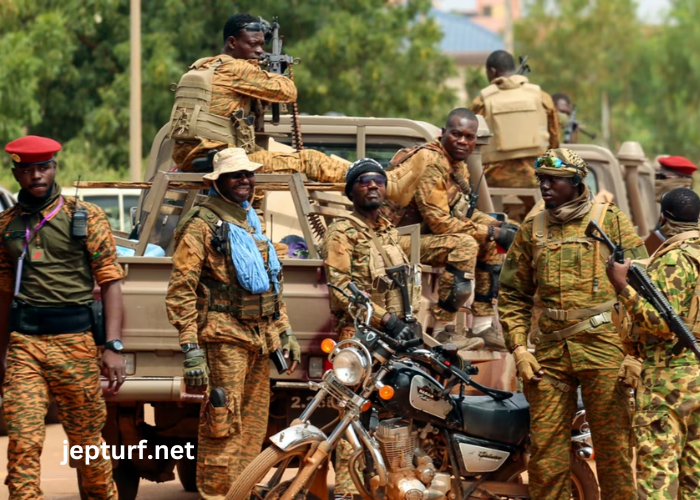In recent years, Burkina Faso has faced a growing threat from terrorist attacks and armed violence, posing significant challenges to the country’s security and stability. The situation has garnered widespread attention both domestically and internationally, prompting discussions on the root causes of violence and the efforts to address them. In this article, we delve into the recent attacks in Burkina Faso, their impact on the country and its people, and the strategies employed to counter these threats.
The Current Situation
Burkina Faso, a landlocked country in West Africa, has experienced a surge in terrorist attacks and violence in recent years, particularly in the northern and eastern regions bordering Mali and Niger. These attacks, carried out by various extremist groups including Jama’at Nasr al-Islam wal Muslimin (JNIM) and the Islamic State in the Greater Sahara (ISGS), have targeted security forces, civilians, and infrastructure, resulting in loss of life and displacement of populations.
The attacks have had devastating consequences for Burkina Faso’s population, exacerbating existing challenges such as poverty, displacement, and food insecurity. The violence has also strained the country’s fragile economy and undermined efforts to promote development and stability.
Root Causes of Violence
Several factors contribute to the violence and instability in Burkina Faso:
Political Instability: Burkina Faso has experienced political turmoil in recent years, including mass protests that led to the ousting of longtime President Blaise Compaoré in 2014. The transitional period that followed, coupled with contested elections and governance challenges, created opportunities for extremist groups to exploit grievances and recruit followers.
Regional Instability: Burkina Faso shares porous borders with Mali and Niger, countries plagued by their own security challenges, including armed conflict, terrorism, and organized crime. The spillover effects of instability in neighboring countries have contributed to the deterioration of security within Burkina Faso.
Socioeconomic Factors: High levels of poverty, unemployment, and marginalization exacerbate vulnerabilities within Burkina Faso’s population, making individuals more susceptible to recruitment by extremist groups. Limited access to education, healthcare, and basic services further compounds these challenges.
Government Response and International Support
The Burkinabé government has responded to the security challenges with various measures, including deploying security forces, implementing state of emergency measures, and collaborating with regional and international partners. Burkina Faso is also part of the G5 Sahel initiative, which aims to enhance security cooperation and address the root causes of instability in the Sahel region.
International partners, including France, the United States, and the United Nations, have provided support to Burkina Faso in areas such as capacity-building, counterterrorism efforts, and humanitarian assistance. However, addressing the complex security situation requires a comprehensive approach that addresses the underlying drivers of violence, promotes inclusive governance, and fosters socioeconomic development.
Challenges and Opportunities
Despite efforts to address the security challenges in Burkina Faso, significant obstacles remain. The presence of multiple armed groups, porous borders, and the proliferation of small arms and light weapons pose ongoing challenges to stability and security. Moreover, the COVID-19 pandemic has further strained resources and exacerbated vulnerabilities within the population.
However, there are also opportunities for progress. Strengthening governance institutions, promoting inclusive dialogue, and addressing socioeconomic inequalities are essential steps towards addressing the root causes of violence and building resilience against extremist ideologies. International support and cooperation will continue to play a crucial role in supporting Burkina Faso’s efforts to achieve peace, stability, and prosperity.
Conclusion
The recent attacks in Burkina Faso underscore the urgent need for concerted action to address the underlying drivers of violence and insecurity in the country. By addressing governance challenges, promoting socioeconomic development, and strengthening security cooperation, Burkina Faso can pave the way for a more peaceful and prosperous future. International support and solidarity are essential in this endeavor, as Burkina Faso strives to overcome its security challenges and build a brighter tomorrow for its people.



